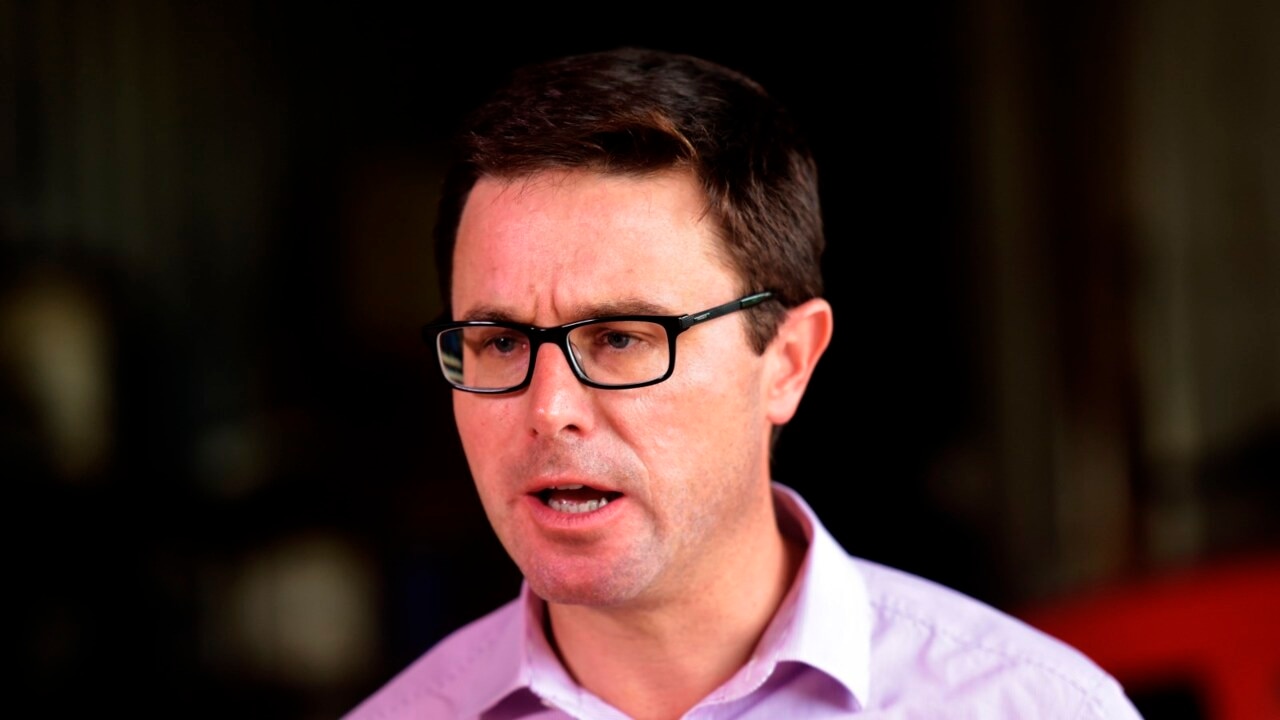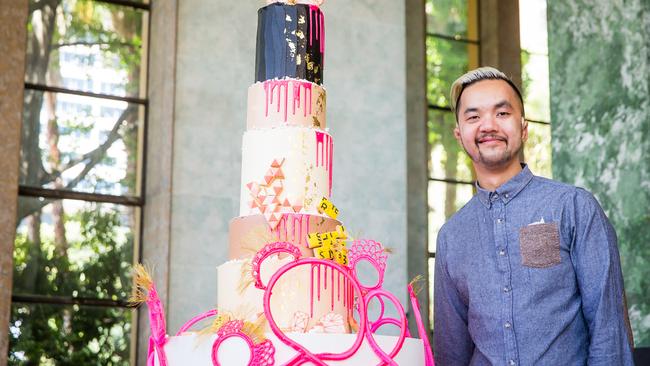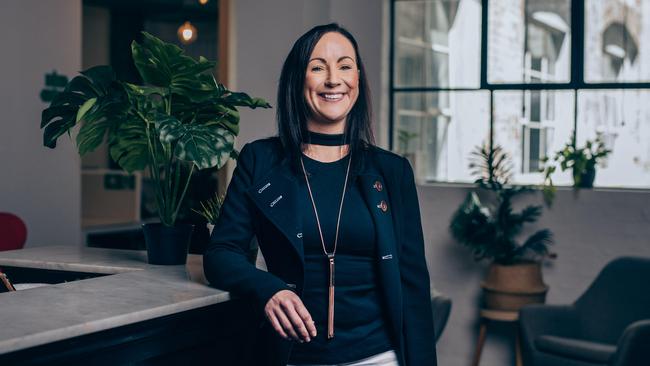Career cushioning: Why every Australian worker needs a backup plan in case they lose their job
‘Career cushioning’ trend sees insecure employees upskilling and building professional networks to ensure they are at the top of mind with recruiters should their current job not go the distance.

SmartDaily
Don't miss out on the headlines from SmartDaily. Followed categories will be added to My News.
Aussie workers are creating backup plans in case they find themselves unemployed in the
coming year.
In the latest trend to hit workplaces, employees are now “career cushioning” – upskilling and building their professional networks to ensure they are at the top of recruiter lists should their current job not pan out.
The movement comes as persistent forecasts of a recession, the rising cost of living and a push to get workers back to the office are causing many to feel insecure in their existing role.
While career cushioning does not involve actively searching for roles, career expert Sue Ellson says it serves as a “form of self-insurance”, especially in uncertain times.
“The reality is that most of us will face a retrenchment, redundancy or a reduction of hours throughout our working life,” she says.
“When this happens, we suddenly realise how precarious it is to have a job today and no job tomorrow, so we start strategising on how we can make sure we can maintain our income.”
PRIME TARGET
The aim of career cushioning is to ensure workers have the skills and contacts to be “prime targets” for recruiters, thus minimising the amount of time they spend unemployed, says Ellson.
With up to 90 per cent of job vacancies never advertised, Ellson says being well connected is vital, with personal referrals one of the best ways to secure a new role.
“If (workers) are front of mind with a select group of people and an offer comes up, they can choose whether or not to take it,” she says.
“Also, if the worst happens, they can reach out to their well-established, relationship-based and well-informed network and move on to a new role much sooner.”
TRANSFERABLE SKILLS
Clifford Luu works as a projects and operations co-ordinator with a security company but holds a Bachelor of Design in Architecture and has undertaken several short courses at cooking school Le Cordon Bleu.

A firm believer in upskilling and reskilling to remain employable,
Luu recently started working casually as a commis pastry chef to gain kitchen experience, and runs a successful baking business on the side.
“In both my security role and my creative baking side hustle, it is necessary to upskill to ensure that I’m able to contribute and stay relevant within these industries,” Luu says.
“Processes are very important, and admin skills and kitchen skills are transferable across both roles.
“My side hustle is something I could fall back on if something were to happen to my office role, which gives me peace of mindas the cost of living continues to skyrocket.’’
OPEN TO WORK
Amid increased economic uncertainty, Employment Hero chief people officer Alex Hattingh suggests workers speak to their manager to determine whether their role can withstand a recession.
If not, she advises workers prioritise upskilling and building their professional network, as well as changing their LinkedIn profile to indicate they are open to work and turning on job alert notifications.
“If you’re needing to upskill, start now,” she says.

“What skills you learn will depend on what industry you are in, but just showing you have a curious mind and are always upskilling is really important, and is an attribute that recruiters will look for.”
Even if job security is assured, Hattingh says career cushioning should still be on people’s radars, warning workers may need to switch roles to meet higher costs of living or maintain flexible work conditions as more businesses demand a return to the office.
“I think we will see people changing roles because they’ve had that time (over the Christmas break) to be with their families and they don’t want to be at a company that is mandating people to come back to the office for a certain number of days,” she says.
7 STEPS TO A BACK-UP PLAN
1. Update your resume and LinkedIn profile.
2. Reconnect with people you know and re-establish professional relationships.
3. Spend time evaluating the pros and cons of your current role.
4. Look at what professional, technical and personal skills you could improve.
5. Discuss your options with a peer, mentor, careers specialist or life coach.
6. Save more and spend less so you have a three-month financial buffer in case a change in employment occurs suddenly.
7. Don’t make any career decisions when you are tired, frustrated or angry.
Source: Sue Ellson
Originally published as Career cushioning: Why every Australian worker needs a backup plan in case they lose their job




